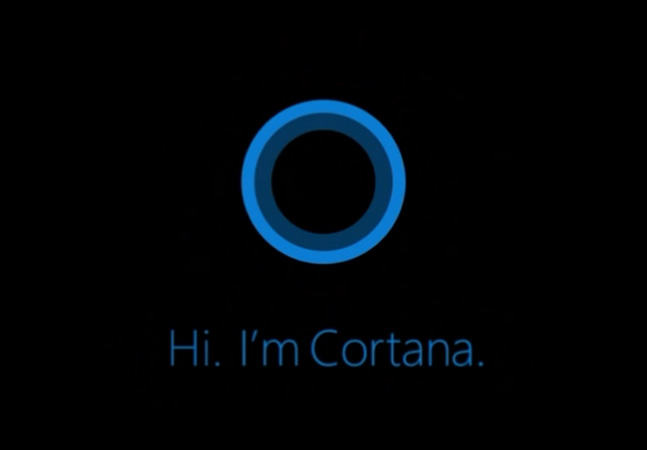
Can the virtual assistant be useful when tethered to a desktop computer?

Office 365's Clutter feature looks to simplify your inbox by recognizing which e-mails are not important to you based off of behavior.
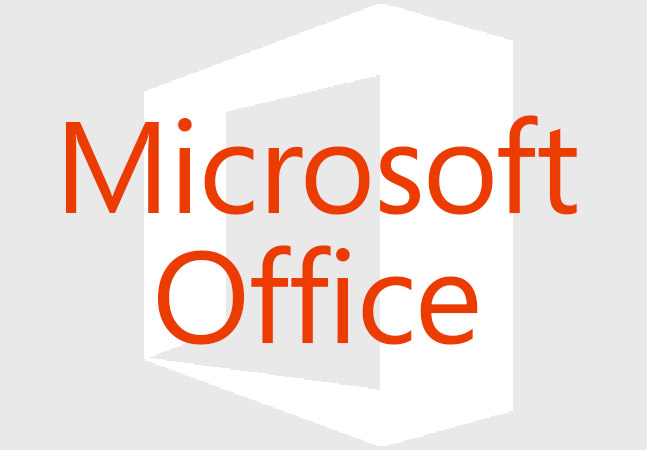
It looks like Microsoft is sticking with what has worked for earlier versions, while refining the experience for touch-based devices.
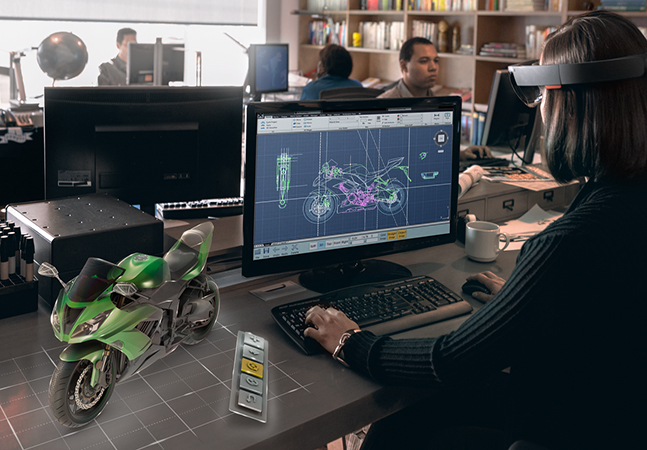
Besides the timing of the announcement, many analysts and I saw this coming from a mile away.
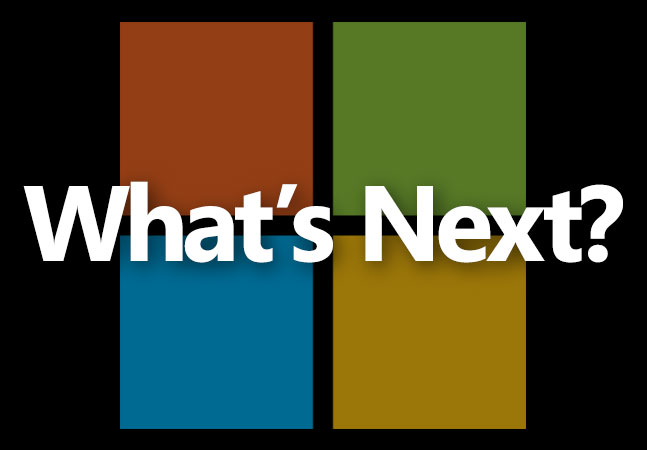
This year may bring some big changes on the back of Microsoft's upcoming OS release.

What did I get right and where did I fail miserably?

Brien takes a spin with Microsoft Band smartwatch.
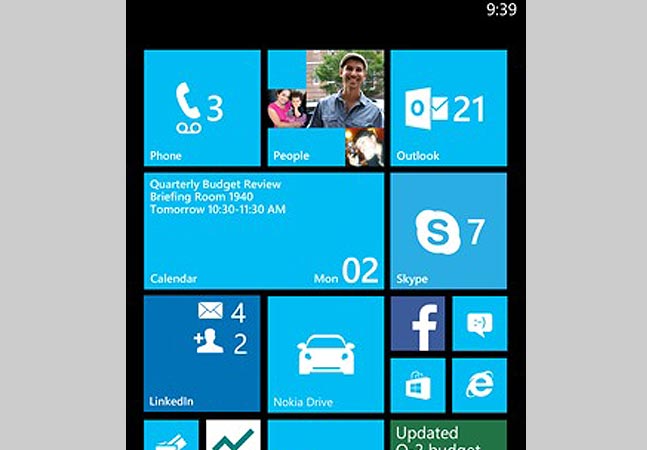
Brien discusses the feedback of his last Windows Phone column and shares his latest adventures with the platform.

It's hard to sell units when customers can't find them in stores.

From Cortana integration to the return of the Start Menu, here are some of the rumors circulating online about Microsoft's next OS.

Native third-party support tops the list.

While the rumor of the major next update did not pan out for this month, Brien Posey argues that big changes for Windows 8 could still be making its way through the pipeline.

The virtual personal assistant feature in Windows Phone 8.1 would be a perfect fit for the next Microsoft OS -- with some tweaks.

Now that Microsoft is cancelling TechEd and other conferences, what's to expect from the company's recently announced mega conference?

Microsoft's "personal assistant" feature may drastically change the way we interact with both Windows OS and Windows Server in the future. Here's why.